On March 29, the Japanese government added four new industries to the skilled foreign worker visa program, with visa terms of up to five years, including road transport, railways, forestry and woodworking, to attract more foreign workers to address the domestic labor shortage.
Tokyo's decision expands the number of industries eligible for the Specified Skilled Worker No. 1 visa to 16. This is the first time since the system was introduced in 2019 that the Japanese government has expanded the number of industries covered by the Specified Skilled Worker No. 1 visa.
Under the plan to supplement labor for the road transport sector, skilled foreigners will be hired as bus, taxi and truck drivers at companies licensed by the Ministry of Land, Infrastructure, Transport and Tourism. Workers must achieve N3 level of the Japanese Language Proficiency Test, the third highest level of the five levels of the test. This is a more stringent requirement than the requirements for working in other sectors.
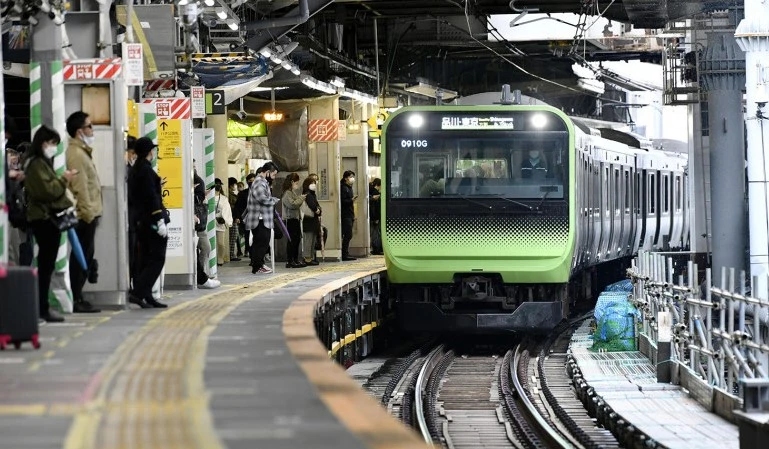
In the railway sector, skilled workers can be employed in roles related to the production of railway cars and maintenance of railway tracks, as well as train drivers, ticket inspectors and station attendants. The government also added activities related to textiles, iron and steel and printing to the manufacturing sector, an area already covered by the programme.
Foreign workers with a specified visa No. 1 must pass a test on their professional qualifications and Japanese language skills to be able to work immediately. A specified visa No. 2 allows for an unlimited period of stay, opens up the possibility of permanent residence, and allows workers to bring their family members to Japan.
According to the Immigration Services Agency of Japan, as of the end of December 2023, there were about 208,000 foreigners with visa number 1 and 37 people with visa number 2 working in Japan.
PEARL
Source



![[Photo] President Luong Cuong presided over the welcoming ceremony and held talks with Sri Lankan President Anura Kumara Dissanayaka](https://vphoto.vietnam.vn/thumb/1200x675/vietnam/resource/IMAGE/2025/5/5/bbb34e48c0194f2e81f59748df3f21c7)
![[Photo] Solemn opening of the 9th Session, 15th National Assembly](https://vphoto.vietnam.vn/thumb/1200x675/vietnam/resource/IMAGE/2025/5/5/ad3b9de4debc46efb4a0e04db0295ad8)



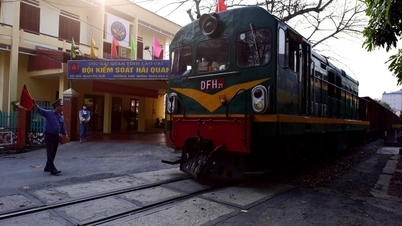

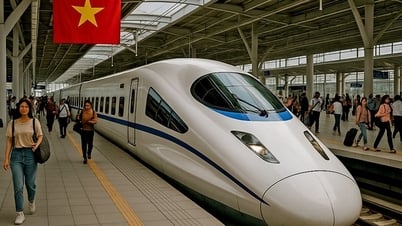

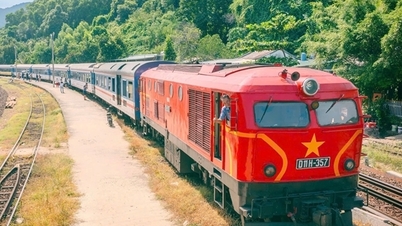



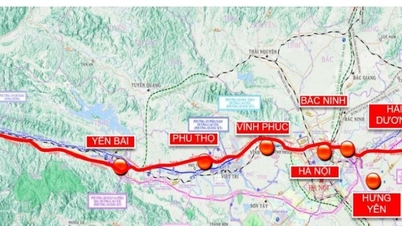

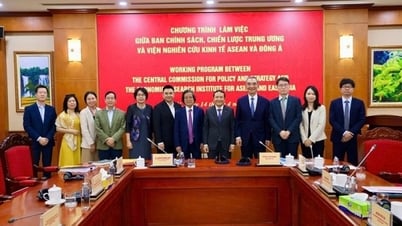

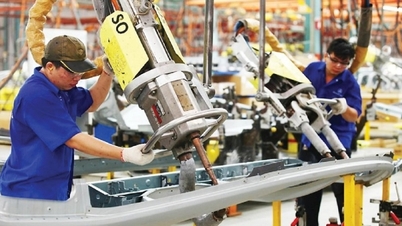

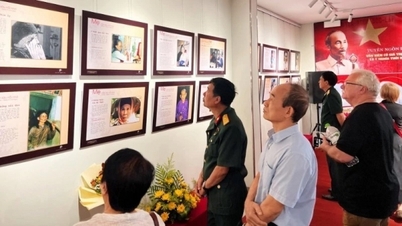





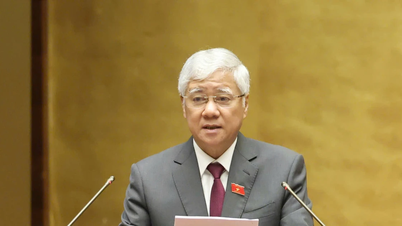

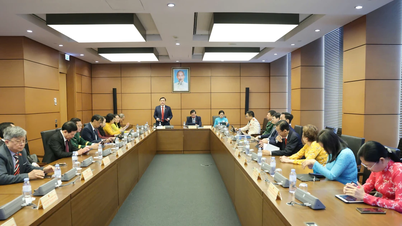



![[Photo] National Assembly delegates visit President Ho Chi Minh's Mausoleum](https://vphoto.vietnam.vn/thumb/1200x675/vietnam/resource/IMAGE/2025/5/5/9c1b8b0a0c264b84a43b60d30df48f75)




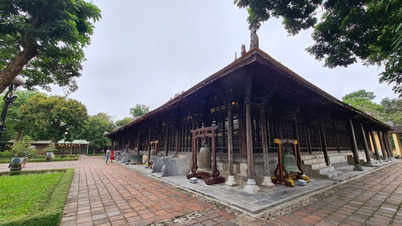




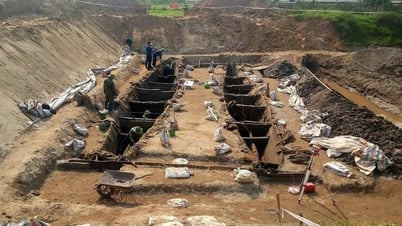







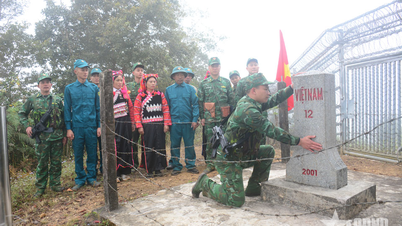











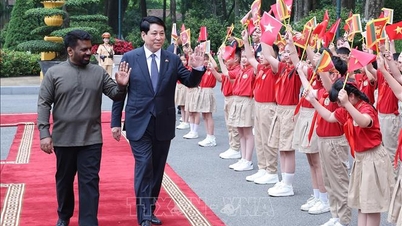


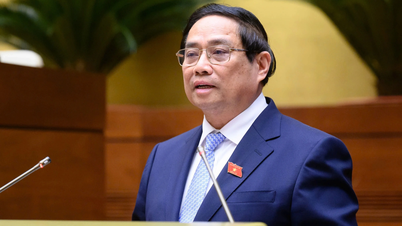
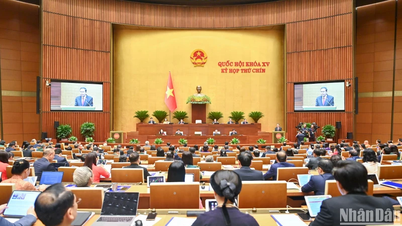









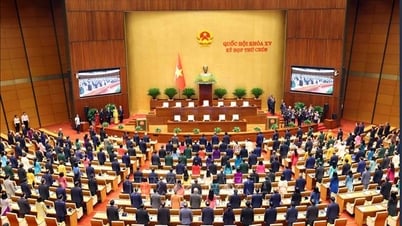








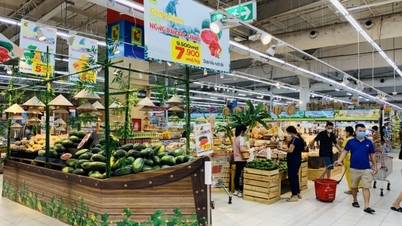



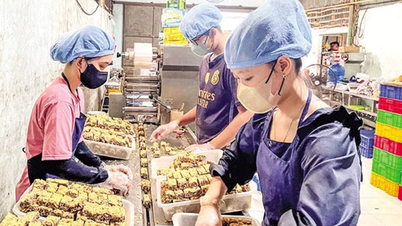





Comment (0)